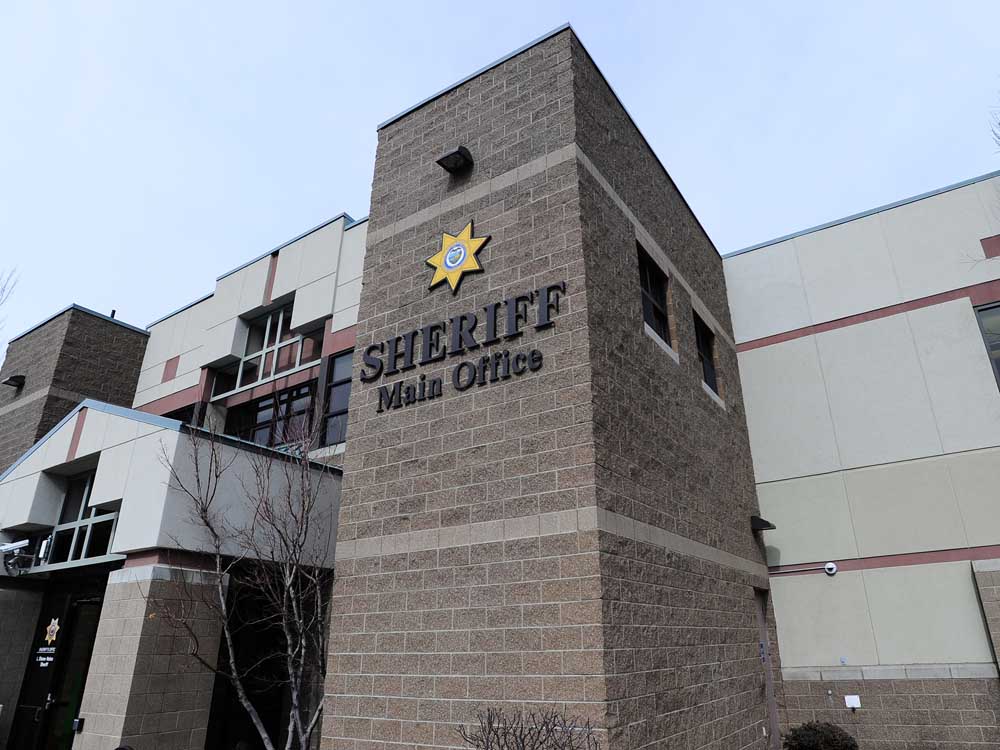Michael Foot, former British party leader
Published 4:00 am Saturday, March 6, 2010
Michael Foot, who led the British Labour Party in the early 1980s, and, after failing to broker a peace between its left and right wings, presided over its crushing defeat at the hands of Margaret Thatcher in the 1983 general election, died Wednesday at his home in Hampstead, north London. He was 96.
His death was announced Wednesday on the floor of the House of Commons by Jack Straw, the justice secretary.
Trending
“Michael Foot was a genuine British radical,” Gordon Brown, the British prime minister, said in a lengthy tribute released Wednesday. “He possessed a powerful sense of community, a pride in our progressive past and faith in our country’s potential for a radical future.”
Party unity
Foot, a socialist and a founder of the Committee for Nuclear Disarmament, was elected Labour’s leader in 1980, defeating the right-wing Labourite Denis Healey by presenting himself as the sole candidate capable of unifying the party.
It was a particularly inauspicious moment for the party. James Callaghan, his predecessor, had been soundly defeated in the 1979 general election by Lady Thatcher after the notorious “winter of discontent.” Widespread strikes, interrupted public services and rising inflation and unemployment had inspired the succinct and effective Conservative message, emblazoned on its campaign posters: “Labour Isn’t Working.”
Foot, a bookish, old-school Labourite, already 67 when he took office, proved unable to counter the perception of Labour as an obstacle to progress, hopelessly wedded to outmoded ideas and practices, or to quell a left-wing insurgency, led by Tony Benn, which demanded unilateral nuclear disarmament, further nationalization of industry and withdrawal from the European Economic Community.
Good intentions
Trending
On being elected, Foot announced his intention to unite Labour “on the matters of supreme importance to us — economic policy, domestic policy — and to attack the outrages and infamies which this government is inflicting on our people.” He then quoted his mentor, the left-wing Labour politician Aneurin Bevan, the architect of Britain’s National Health Service: “Never underestimate the passion for unity in the party, and never forget that it is the decent instinct of people who want to do something.”
Unity never arrived. The party’s left wing engineered a change in the governing rules to give the trade unions and local party organizations a determining voice in choosing the party’s leader. In response, moderate Labourites led by Shirley Williams, David Owen, Roy Jenkins and William Rodgers — the Gang of Four — split from the party to form the Social Democratic Party in 1981. Two dozen Labour members of Parliament followed.
With his unruly white mane, thick glasses and scruffy jackets, Foot looked like a regular at Speakers’ Corner in Hyde Park, but he was a compelling orator revered as the conscience of the Labour Party, the custodian of its traditional socialist goals.
In the 1983 general election, he campaigned on a Labour platform that included unilateral disarmament, higher taxes, a more interventionist industrial policy, nationalization of the banks and abolition of the House of Lords.
“We are not here in this world to find elegant solutions, pregnant with initiative, or to serve the ways and modes of profitable progress,” he declared in a campaign speech. “No, we are here to provide for all those who are weaker and hungrier, more battered and crippled than ourselves. That is our only certain good and great purpose on earth, and if you ask me about those insoluble economic problems that may arise if the top is deprived of their initiative, I would answer, ‘To hell with them.’ The top is greedy and mean and will always find a way to take care of themselves. They always do.”
Humiliating defeat
The Labour manifesto, 700 pages long, was described by the right-wing Labour politician Gerald Kaufman as “the longest suicide note in history.” Lady Thatcher, buoyed by victory in the Falklands War, dealt Labour a humiliating defeat. Foot resigned as party leader and was succeeded by Neil Kinnock.
In a statement released by her office on Wednesday, Lady Thatcher praised Foot as “a great parliamentarian and a man of high principles.”








